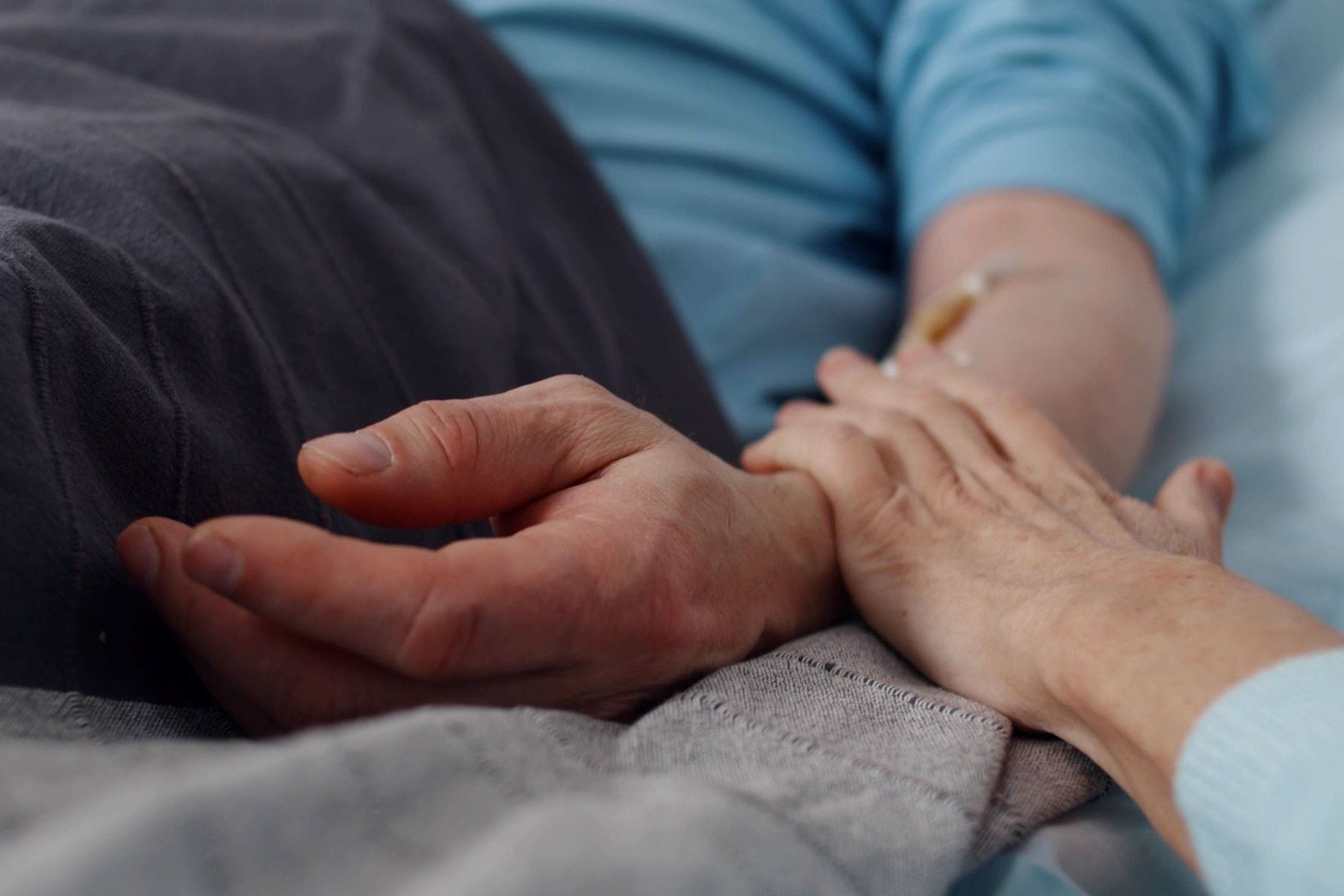Loss of Consortium: Legal Implications and Claim Processes
The deep personal impact and challenges of seeking justice when an accident disrupts the bonds and dynamics of close relationships.
Updated on
When your spouse or close relative suffers an accident that causes injury or death, you are also a victim to the accident, as you lose the value and benefit of them being a part of your life. Loss of consortium is the legal term that refers to this type of loss, and is oftentimes, a part of a personal injury or wrongful death claim.
What is Loss of Consortium?
Loss of consortium is defined as the loss or impairment of the intangible benefits of a personal relationship. Typically, these claims have been reserved for spouses of victims of personal injury and wrongful death. The overall purpose of such claims is to account for the non-economic value lost to the household when a spouse dies or becomes seriously injured, which can include loss of support, companionship, and intimate relations. These claims have a particular focus on intangible, often unquantifiable benefits that one may bring to a relationship. When determining the amount to award a spouse, the factfinder will look at how the accident and injuries affected the marriage and the household.
Common injuries to a spouse that may lead to a loss of consortium claim are permanent and serious injuries such as traumatic brain injuries, amputations, organ damage, sexual dysfunction, vision or hearing loss, nerve damage, and chronic pain.
Who Can Claim Loss of Consortium?
The origin of loss of consortium claims has a long history dating back to old English common law that held that a husband has a property interest in his wife and that any damage to that "property interest" and the services rendered by a wife would be actionable. Over time, the law expanded to permit wives to file these claims, after a D.C. Circuity Court found that husbands and wives “have equal rights in the marriage relation which will receive equal protection of the law.”
Whether someone is eligible to claim loss of consortium for someone other than a spouse varies state-by-state. New Mexico, for example, allows loss of consortium claims for unmarried partners, finding that courts should look at the relational interest, not the legal status, of two people when determining damages. Although the majority of states currently require two partners to be legally married in order to avail themselves of a loss of consortium claim, the argument that cohabitation is factually similar to marriage and thus, has the same effect as a marriage when one person is injured, could very well be more accepted in jurisdictions as the courts evolve.
Although most parents can recover noneconomic damages when suing for the wrongful death of their child, the majority of jurisdictions do not permit filial consortium claims if the child survives. For example, Texas, Michigan, and Wyoming, among others, have held that a parent has no cause of action for loss of consortium when a child suffers a non-fatal injury. Likewise, many states, New York being one of them, do not permit children to file for loss of parental consortium claims.
Elements of a Loss of Consortium Claim
In order to prove loss of consortium, the plaintiff must first establish the required relationship existed at the time of accident, i.e., that the plaintiff and injured person were legally married (or depending the jurisdiction, in a domestic partnership). Like any other damages claim, loss of consortium requires the plaintiff to prove that the alleged injuries were proximately caused by defendant's negligence. In a consortium context, this means that the plaintiff must prove that they suffered a loss of their spouse's support, affection, and other services because of the injuries.
Challenges in Proving Loss of Consortium
Implicit in these requirements is that the marital relationship did not break down due to other reasons. For example, such claims would be difficult to prove in cases where the spouses were living separately, as arguably, the plaintiff lost the services of the injured person for reasons other than the injury. This may pose a challenge at trial when trying to establish the type of loss suffered by the non-injured spouse, and can create the possibility of invasive, personal questions being asked on cross examination.
Filing the Claim: Legal Strategy and Considerations
If you think your lawsuit may include a loss of consortium claim, it is best to establish the case strategy as early as possible. These claims, unlike economic damages, are oftentimes hard to prove due to their innate subjectiveness. They may require an expert to establish not just the extent of the injured spouse’s injuries, but how permanent such injuries will result in the lack of services and/or companionship within the home.
Frequently Asked Questions
What are the elements of a loss of consortium claim?
To prove a loss of consortium claim, the plaintiff must establish that a legally recognized relationship existed at the time of the accident and demonstrate that the injuries to the spouse were proximately caused by the defendant's negligence, resulting in a loss of support, affection, and services.
Who can file a loss of consortium claim?
Typically, loss of consortium claims can be filed by the spouses of victims of personal injury or wrongful death, though some states allow claims from unmarried partners as well.
How do I prove loss of consortium in a lawsuit?
To prove loss of consortium in a lawsuit, the plaintiff must establish that a legally recognized relationship existed at the time of the accident and demonstrate that the injuries suffered by the spouse resulted in a loss of support, affection, and other services due to the defendant's negligence.


